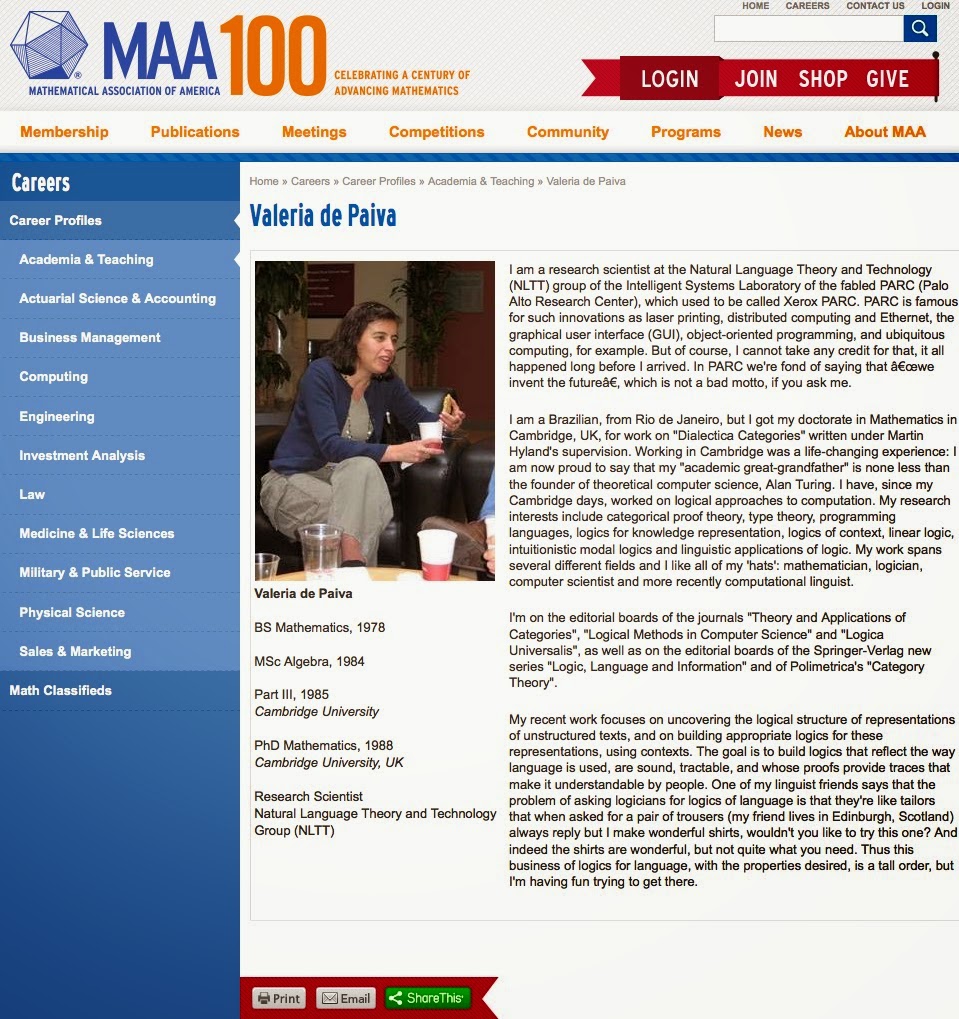Organizing meetings about the things you enjoy discussing is fun. Hearing the talks, putting up programs, coffee break discussions, are all extremely enjoyable. But to be a grown-up academic you also have to do the very boring stuff. Papers need to go to formal journals, and need to be checked and properly formatted and you must remember to chase-up your reviewers and all the annoying boring stuff also must be done.
Especially if, like me you don't have students and young ones who might (with a bit of luck) get a kick out of doing it. Especially if you don't have a research grant that pays for some of expenses, things tends to get lost, webpages disappear, papers that you're sure had appeared, cannot be found, etc...
And Christmas is the time to do it, of course. But there aren't enough hours or days in the Christmas break, so you end up feeling that you didn't enjoy the season and you didn't do whatever you needed to do. Oh well. The best we can do is the best we can do.
I promise to try to update my personal webpages soon, but for the time being here, while I'm frantically trying to write the preface for IMLA 2011, here's a webpage to work for IMLA (Intuitionistic Modal Logic and Applications- the future) to complete, with a bit of luck, in the next Christmas break.
Given the nice discussion initiated by Urs Schreiber in Google+ on Modalities and Modal Type Theory and Intuitionistic Modal Logic as well as the request to present in BACAT my thoughts on the same, I now have too many ideas and leads that I should like to summarize, (or at least get a grip on) and add to the darned preface.
Here are my slides complaining about the dismal state of Constructive Modal Type Theory in 2013 and in 2014. And some blog posts (K for Kripke, IMLA 2013, IMLA 2011, IMLA 2008, IMLA 2005, IMLA 2002, IMLA 1999, Why Constructive Modal Logics? ) on why I still think this is important.
Happy New Year everyone!
Especially if, like me you don't have students and young ones who might (with a bit of luck) get a kick out of doing it. Especially if you don't have a research grant that pays for some of expenses, things tends to get lost, webpages disappear, papers that you're sure had appeared, cannot be found, etc...
And Christmas is the time to do it, of course. But there aren't enough hours or days in the Christmas break, so you end up feeling that you didn't enjoy the season and you didn't do whatever you needed to do. Oh well. The best we can do is the best we can do.
I promise to try to update my personal webpages soon, but for the time being here, while I'm frantically trying to write the preface for IMLA 2011, here's a webpage to work for IMLA (Intuitionistic Modal Logic and Applications- the future) to complete, with a bit of luck, in the next Christmas break.
Given the nice discussion initiated by Urs Schreiber in Google+ on Modalities and Modal Type Theory and Intuitionistic Modal Logic as well as the request to present in BACAT my thoughts on the same, I now have too many ideas and leads that I should like to summarize, (or at least get a grip on) and add to the darned preface.
Here are my slides complaining about the dismal state of Constructive Modal Type Theory in 2013 and in 2014. And some blog posts (K for Kripke, IMLA 2013, IMLA 2011, IMLA 2008, IMLA 2005, IMLA 2002, IMLA 1999, Why Constructive Modal Logics? ) on why I still think this is important.
Happy New Year everyone!





































